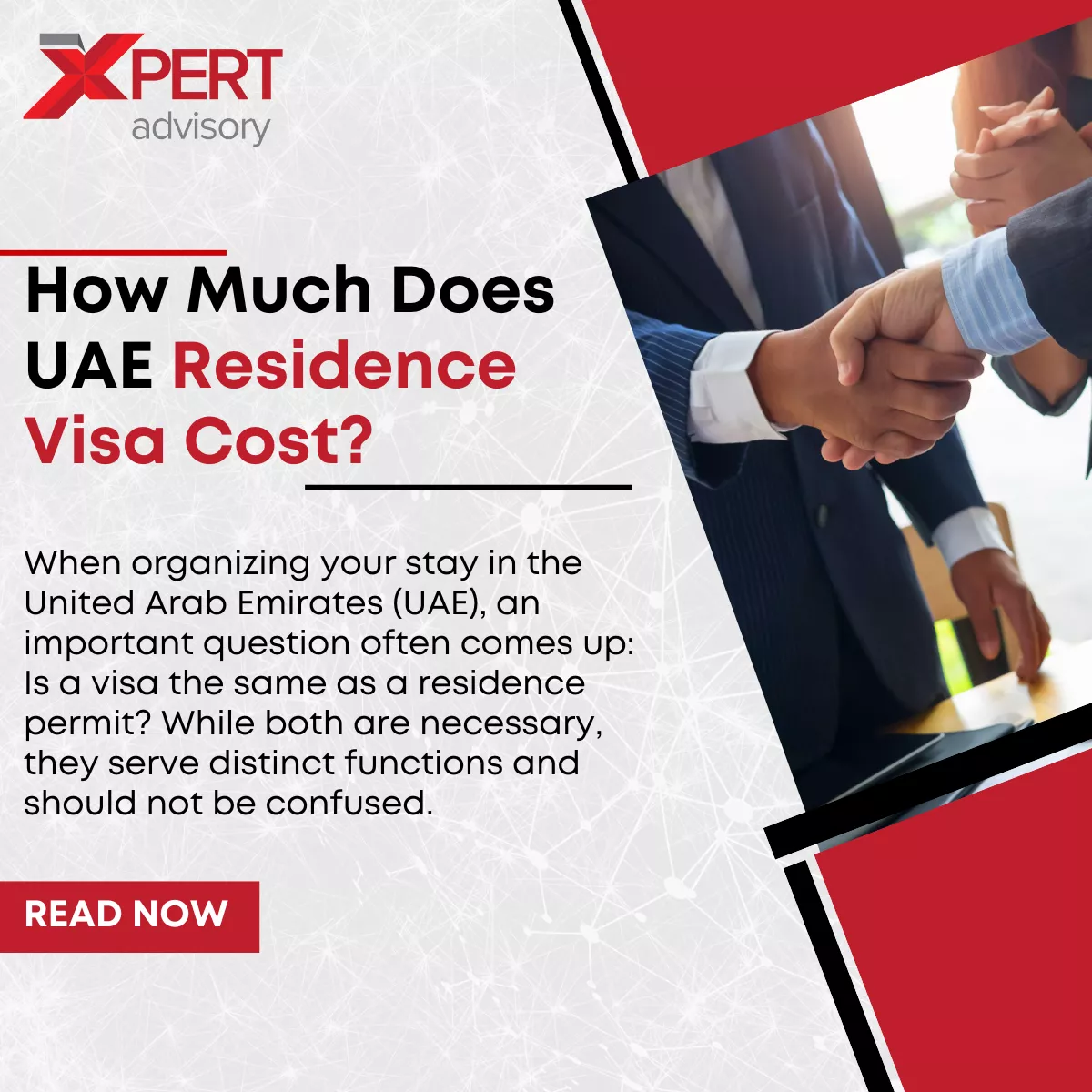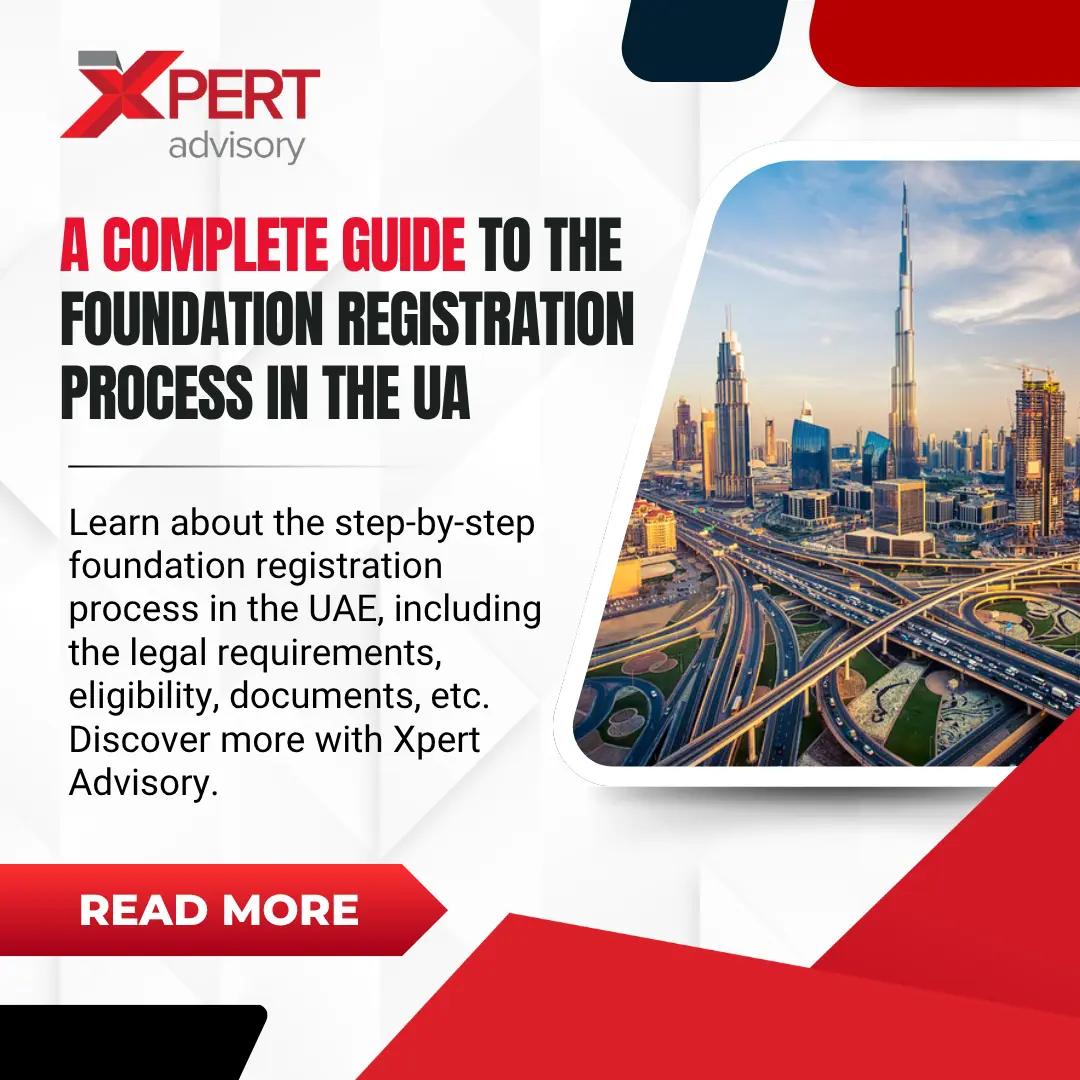When planning your time in the United Arab Emirates (UAE), one crucial question arises: Is Visa the Same as Residence Permit in UAE? Though both are essential for entry, they serve very different purposes. A visa allows for a short-term stay, whether for tourism, business, or study, while a residence permit opens the door to long-term residency, often accompanied by work and family sponsorship privileges. Understanding the distinction between these two is not just important for compliance with UAE immigration laws, but also for making the most of your time in this dynamic, opportunity-filled country.
Understanding Visa and Residence Permit in UAE

What Is a Visa?
A foreign national obtains an official authorization called a visa from a nation, which enables border access and staying permission for determined periods. The UAE issues visas to enable foreigners’ entry for tourism, business visits, conferences, short educational programs and medical service access. Nationals obtain visas in their passport through paper stamps or electronic versions that last between brief visits of days to extended stays of months according to different visa categories.
Access to the UAE through a visa does not offer permanent residency status and its associated rights. For example, visitors under a tourist visa are permitted to visit the country for entertainment purposes excluding employment opportunities and extended education enrollment, medical care and banking services. Most visas become invalid after one renewal limit unless the holder qualifies to convert to a residence permit while they must depart the country when their visa reaches its expiration.
What Is a Residence Permit?
The residence permit functions as a residency visa under UAE terminology to enable foreign people to occupy the country legally for extended periods. It is granted mainly through work agreements, family tie-ups, property ownership, or school attendance. Upon granted, a resident visa is stamped in the individual’s passport, who becomes eligible to get an Emirates ID; a mandatory identification or ID card for all UAE residents to have.
A residence permit differs from a regular visa by extending more extensive legal protections and durability to its holder. With a residence permit, UAE residents attain full banking capability, freedom to enter rental agreements, health services, educational enrollment for their children, and the ability to be a sponsor for family members. Residence permit become valid from two to ten years based on the UAE entry permit category and can be renewed continuously. Most living and working activities in the UAE require the residence permit to function as their legal basis.
Difference Between Visa and Residence Permit in UAE
Curious about “Is Visa the Same as Residence Permit in UAE”? Here’s a clear breakdown of the key differences between a visa and a residence permit:
Purpose
- Visa: It exists to allow foreigners entry into UAE during temporary periods for routines such as travel, tourism and conducting brief business operations while visiting meetings and holding brief studies or passing through. The visa does not offer options for establishing permanent residence or employment admission in national workforce or services. It allows legal entry but fails to give residents permanent access to work and live in the UAE.
- Residence Permit: It serves as the evidence for maintaining a long-term stay inside the UAE. It typically is linked to specific reasons like employment through free zones and companies, family sponsorship with children and spouses, business ownership or investment. A residence permit indicates stable and semi-permanent status which enables one to remain indefinitely in the nation.
Duration
- Visa: A visa has short and fixed duration, ranging between 48 hours for (transit visas) and 90 days (for tourist/transit visas). Furthermore, job-seeker and mission visas serve as an exception with extended validity to 120 days although these remain temporary and time specific. These visa holders receive non-extendable permits except for possible restricted renewal cases.
- Residence Permit: It provides a longer duration extending to 2 to 3 years for individuals engaged in standard employment or maintaining family ties inside the UAE. The Golden Visa program allows residents to choose between 5-year or 10-year validity terms with the ability to renew their permits. With completed criteria, permits can be renewed indefinitely to enable residents to live permanently in the UAE.
Work Rights
- Visa: All UAE visas including tourist and visit visas prevent their holders from working on full time employment. The government prohibits work during visit or tourist visa duration because it leads to both, punishments and removal from the country. A foreigner must obtain either a temporary work permit or mission visa or employment visa from their employer to access limited work benefits under specific immigration categories.
- Residence Permit: Enables full work authorization for those who have either valid job contracts or company sponsors. Green visa (for freelancers and skilled workers) holders along with Golden visa (for investors, scientists and professionals) holders have the ability to self-sponsor without company sponsorship while working in the country.
Family Sponsorship
- Visa: Short-term visa holders cannot sponsor family members migrating to the country. It provides temporary entry for single travelers and people who want to stay a short period of time rather than enabling them to establish their family in the UAE.
- Residence Permit: It enables freedom to sponsor dependents, like spouses, children or sometimes parents. Family sponsorship becomes available with employment income above AED 4,000* to AED 5,000* monthly and the provision of suitable accommodation by the sponsor.
Services Access
- Visa: It enables limited access to services available in UAE territory. Short-term visitors and tourists who get medical care through insurance can access private healthcare services but they do not qualify for public healthcare benefits nor government-funded education, or allocation of funds. The regulations restrict from establishing local bank accounts and preventing them from obtaining driving licenses and opening bank accounts.
- Residence Permit: It allows wide access to services; allowing bank services, signing rental contracts, pursuing UAE driving license, enrolling kids in school, accessing government medical benefits and private healthcare. Access to all government and private services within the UAE depends on the Emirates ID which yet is another benefit given with residence permit.
Issuance Point
- Visa: Granted before or upon arrival in UAE depending on immigration. The issuance of entry visas to the UAE depends on nationalities because certain people can obtain e-visas beforehand, or find their coverage at airports upon arrival or through hotels, travel companies, airline services. Short-term foreign residents can obtain visas quickly through a straightforward process when they enter the UAE.
- Residence Permit: After entry to the UAE, citizens must apply for their Residence Permit. Entry begins with the applicant using entry permits or company-based visas. Next is required the medical fitness examinations followed by obtaining an Emirates ID and getting the visa stamped in the passport through the GDRFA (General Directorate of Residency and Foreigners Affairs) or ICA (Federal Authority for Identity and Citizenship).
| Criteria | Visa | Residence Permit |
| Purpose | Entry for tourism, business, transit, study, short‑term work | Long‑term residence: work, family, investment, long‑term study |
| Duration | 48‑96 hrs (transit), 30–90 days (tourist/visit), up to 120 days (job‑seeker) | 2–3 years (standard visas), 5–10 years (Golden Visa) |
| Work Rights | Only if specifically issued as a work visa; all visit visas prohibit employment | Employment visa/residence permit grants full work authorization; Green and Golden Visas allow self‑sponsorship |
| Family Sponsorship | No | Yes; you can sponsor spouse, children, and in some cases parents, subject to salary and accommodation criteria |
| Services Access | Limited: medical insurance may be required, but no access to public services | Access to banking, healthcare, education, driving license, and government services |
| Issuance Point | Before entry (e‑visa), at entry (visa on arrival), or through airline/hotel/travel agent | After entry: medical test → Emirates ID application → visa stamping by GDRFA/ICA |
Visa Application Process

Before you begin your journey to the UAE, it’s important to understand the necessary steps involved. Here is the UAE visa application process:
- Determine Eligibility & Type: Check whether qualification criteria for visa-free entry, visa on arrival, or need to apply for an entry permit via channels, airlines, or travel agents.
- Application Channels: Use Dubai Now, the GDRFA Dubai website, the ICP App, or the Federal Authority for Identity & Citizenship (ICA) portal to apply. Hotels and airlines may also sponsor tourist visas.
- Submission & Fee: Fill out online application forms, attach a passport photo, pay the required amount, and wait for approval (24–72 hours).
- Receive visa: After being approved, the visa is provided by email; print it out or save it digitally, then show it to UAE immigration when you arrive.
- Entry Stamp: Immigration officer stamps passport with entry permit; validity and permitted stay period begin on arrival.
Residence Permit Application Process
The residence permit application process in the UAE involves the following key steps:
- Entry on Valid Visa: Use a work, family, or investor entrance visa to enter the UAE.
- Medical Examination: Get screened for health issues at a licensed medical facility (chest X-ray, blood tests).
- Emirates ID Registration: Register for an Emirates ID by submitting biometric information (picture, fingerprints) to the Federal Authority for Identity & Citizenship.
- Stamping the Residence Permit: The sponsor (employer, relative, or investment organization) sends all paperwork to GDRFA/ICA so that the passport may be stamped with the visa.
- Collection: Collect passport with residence permit and Emirates ID; valid for the duration of your visa category and renewable upon expiry.
Benefits of a UAE visa
- Legal Entry: Ensures that you can enter and remain legally for a predetermined amount of time.
- Brief Stays: Perfect for business travel, short-term vacations, medical care, or transits unrelated to employment.
- Flexibility: Different demands are met by a variety of visa types, including tourist, visit, transit, and job seeker.
- Simple Application: Online and airline‑sponsored channels reduce bureaucracy for short visits.
Benefits of a UAE Residence Permit
- Work authorization: A UAE Residence Permit allows individuals to receive work authorization either through employment at any company or selected visa self-sponsorship programs.
- Family Sponsorship: Sponsor spouse, children, and parents for their own residence permits.
- Access to services: Bank account maintenance, children’s enrolment in state healthcare programs along with school attendance and driver’s license acquisition.
- Visa Free Travel: Many international territories can be enjoyed either without visa restrictions or with easily obtainable visas due to your UAE residency confirmation.
- Long term Stability: Renewable long-term visas lasting up to 10 years give residents assurance to plan investments and careers and pursue educational opportunities.
Conclusion
To wrap up, a residence permit grants Emirati society access along with permanent living rights and employment possibility yet a visa enables entry and short-term visits only. So, is visa the same as residence permit in UAE? Absolutely not, they are distinct documents with different functions. A visa in the UAE stands as an entirely different concept from a residence permit even though both documents possess distinct characteristics related to their duration and benefits. Effective navigation between these distinct processes allows expatriates to uphold UAE regulatory requirements and gain all potential advantages irrespective of their duration of stay such as visiting briefly or pursuing a prolonged term future in the Emirates.
Do you want to build a life, career, or business in the UAE? Whether it’s through a visa or a residence permit, Xpert Advisory has got you covered. Our specialized visa services take care of everything, from document preparation and medicals to government approvals and visa stamping. Contact us today and let our experts make your UAE move smooth and successful!
FAQs
What Is a UAE Residence Visa and How Can I Apply For It?
To apply for a UAE Residence Visa, you must submit supporting documents such as your passport, employment contract, and medical results to the UAE government. The process involves completing the application form and fulfilling the necessary criteria for approval.
What Are the Different Types of UAE Residence Visa Available?
The UAE offers several types of residence visas, including employment visas, investor visas, family visas, and freelance visas. These visas determine your eligibility for entry into the UAE and define your rights to work or live there.
How Much Are the UAE Residency Visa Fees and What Do They Cover?
Visa applicants must pay the applicable fees for the UAE residency visa, which vary based on the type of visa and its duration. These fees cover processing, Emirates ID issuance, medical tests, and visa stamping for UAE-based expats.






